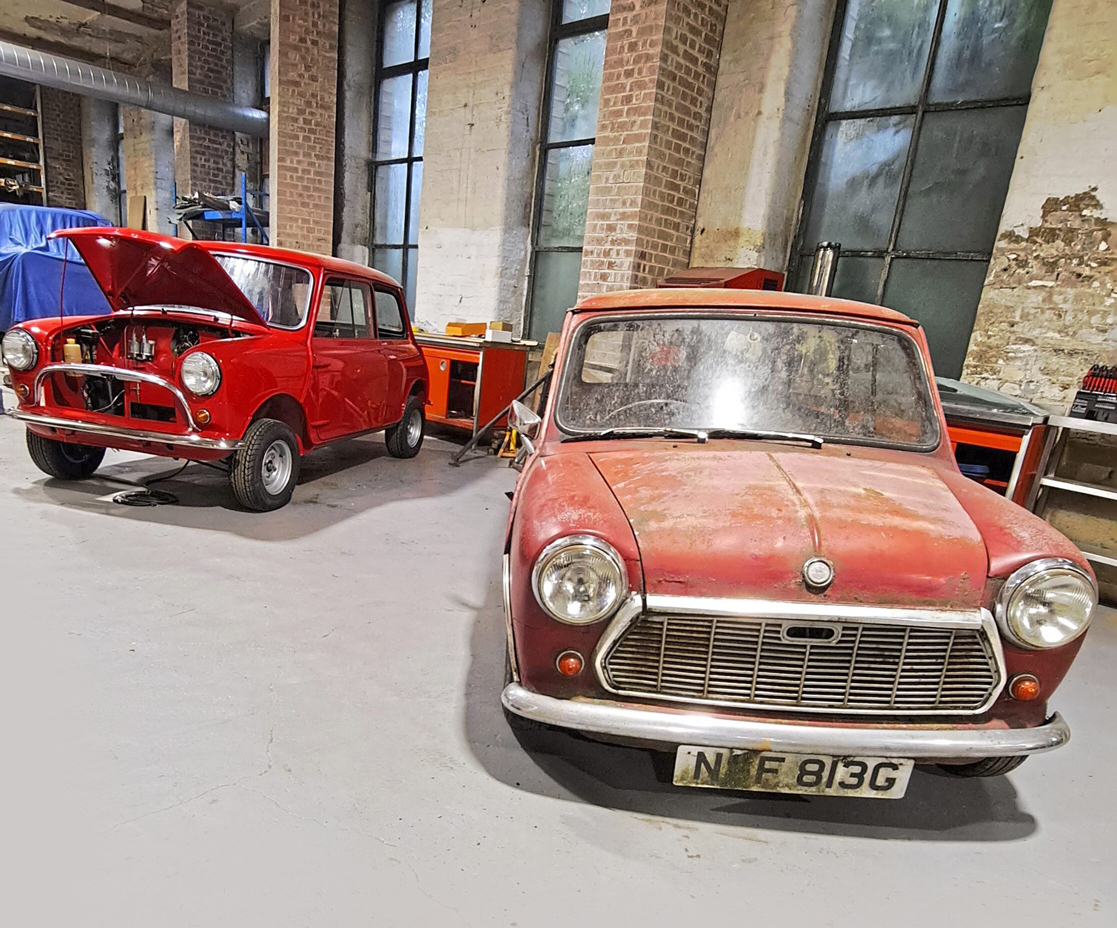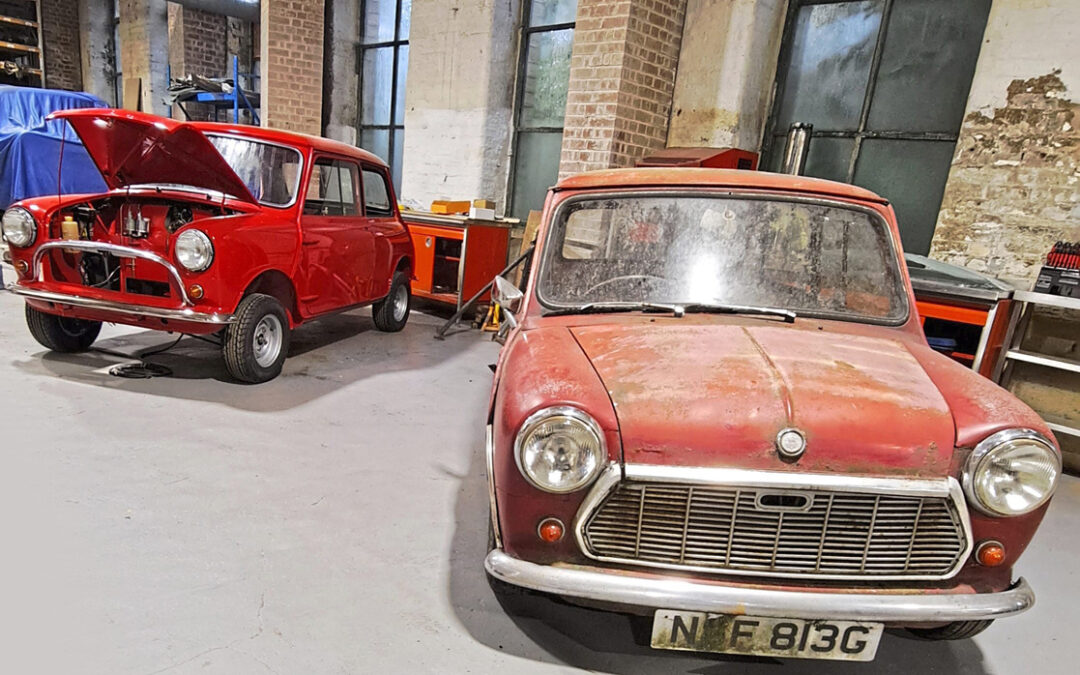Caution urged over poor part rip-offs
A new parts database launched for classics can help, but specialists maintain that quality remains the most vital element when obtaining parts for vehicles

Classic experts have stressed that trust is key when it comes to parts following the launch of a new international system aimed at sourcing spares.
The Fédération Internationale des Véhicules Anciens (FIVA) has teamed up with German company, Eucon, to launch a new spare parts database. As reported in the 19 February issue of CCW, the new database is designed to make finding parts for repairs on classics easier.
FIVA has opened the database to its National Members (ANF) that issue its FIVA Identity Cards, which detail the history and identification of vehicles and says: ‘This strategic partnership reflects a bold and forward-looking vision, where innovation and tradition come together to preserve global automotive heritage.
‘Neither FIVA nor EUCON sells spare parts, with the information on where parts can be bought, including the part number, will enable owners to find the supplier and provide them with the necessary information’.
Experts in the UK have praised the system and believe it will aid restorations, but stressed that owners should still be diligent when approaching parts suppliers and not make assumptions about the quality of components.
The Federation of British Historic Vehicle Clubs (FBHVC) told Classic Car Weekly: ‘Anything that pools together data and information for the community has got to be a helpful resource. Especially if it helps source discontinued parts or those shared with other alternative makes and models. Within the Triumph community, we are fortunate to have a plentiful supply.
‘Anyone buying parts should look at where they’re buying from and do some research’
– Dale Keller, CEO, Historic & Classic Vehicles Alliance
‘The main bone of contention here is the variable quality and fit experienced. We are, however, aware that other marques aren’t quite so fortunate, and for those enthusiasts, this will be like adding another string to their parts hunting bow.
‘What I hope FIVA will work to avoid is allowing the tool to enable unscrupulous people or businesses to buy up rare, valuable parts in bulk to sell for inflated prices. We hope the parts found are truly accessed by enthusiasts, owners or restorers working to preserve their own cars’.
Dale Keller, chief executive officer of Historic & Classic Vehicles Alliance (HVCA) adds: ‘There’s a whole lot of content available on the Internet, but it’s having the trust. So not only can you find that part, but can you trust who you are buying it off? That’s the question people should be posing.
Online market places have a roll, which seems to be where FIVA has gone – identifying parts and where to get them – as a service to its members.
‘The HCVA’s Action on Parts Campaign has focussed on the quality of parts. It only works with companies who don’t deal with poor quality or quick mark-up products.
‘My message to anyone buying parts would just be to look at where you’re buying them from and do a bit of research because you might find the same part from multiple suppliers at different price points but are they the same part? Is it a like for like part?’
‘Who hasn’t been bitten by inferior parts?’
‘The internet has become the go-to place for the majority of classic owners seeking parts for their classics, but further research is always needed. Who amongst us hasn’t been bitten by inferior parts, that don’t fit or fail in the short-term? A trusted list of suppliers sanctioned by a body like FIVA can certainly provide peace of mind for its members but as ever, an hour or so doing your own research before committing to buy can save countless hours of work and disappointment in the garage.’
James Peene
Content Editor

